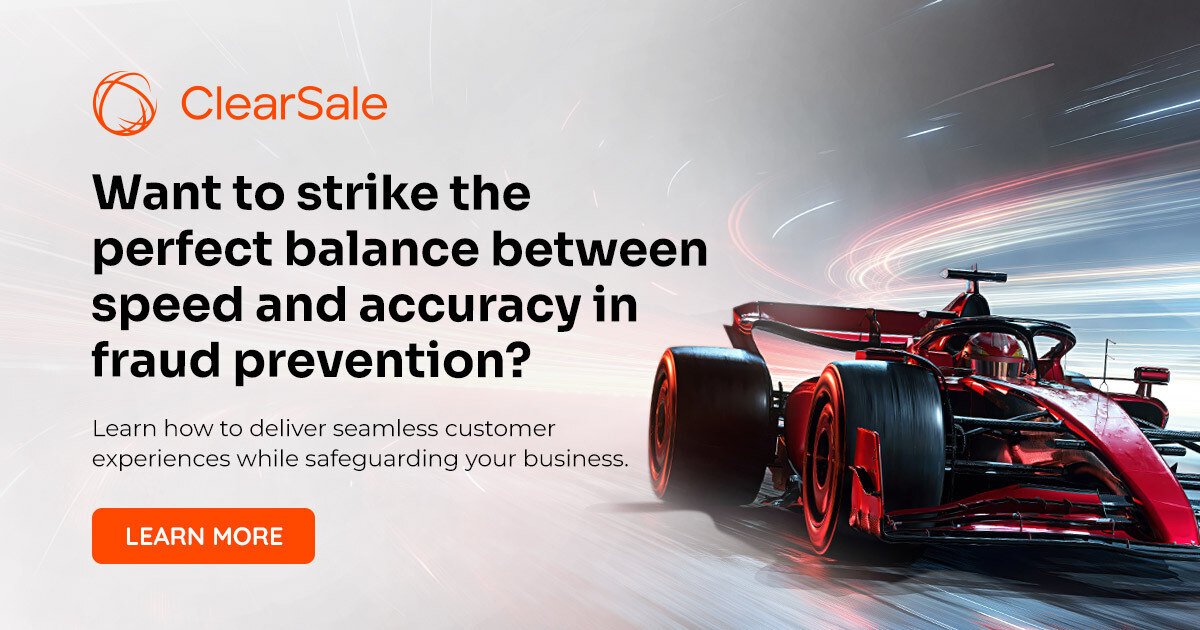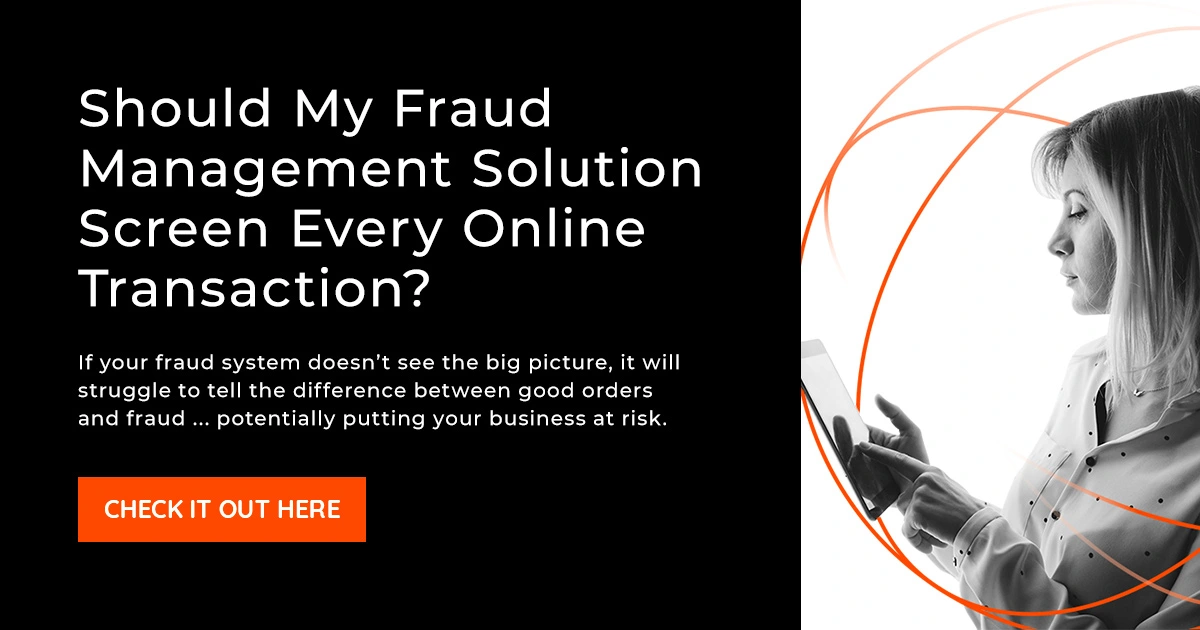Shopify: A Fast and Easy Ecommerce Platform
You can’t take a step in the ecommerce market without hearing about Shopify. The upstart company that started with five people in a coffee shop has grown to a global powerhouse with 2024 platform sales of USD$235.9 billion.
Like many start-ups, Shopify’s story began when its founder, Tobias "Tobi" Lütke, was unable to find an easy-to-use ecommerce platform for his snowboard company, Snowdevil, and decided to build one for his own use. Ultimately, he thought it was an idea too good not to share and launched it as Shopify in 2006.
The company’s stated mission is to “help people achieve independence by making it easier to start, run and grow a business.” From its early days in an Ottawa coffee shop, Shopify is now the chosen platform for notable brands like Red Bull, Sephora, Netflix, Kylie Cosmetics and Penguin Books.
Despite the big names, Shopify positions itself in the ecommerce market as David vs. the Goliath of online stores, Amazon Marketplace. As Loren Padelford, head of Shopify Plus, says, “Amazon is like a mall owner who will open an identical store next to you, sell all of your products at a cheaper price, and try to convince consumers it’s the same thing. That’s not actually a mall owner; that’s a competitor masquerading as a mall owner.”
By contrast, Shopify is focused on making commerce better for everyone so any business can “get into the ecommerce game as a small player and stand out on your own merit,” according to Paul Munford, editor-in-chief of Lean Luxe.
That dedication to making it friction-free for small businesses to get started with ecommerce is exemplified by Shopify’s $1 for the first 30 days trial. The trial begins with a three-day period with no need to enter payment details, so it’s a no-risk, no-pressure option to kick the tires and see if Shopify is the right fit. Businesses ready to take the plunge after those three days can choose from four plans composed of two elements: the fee on the Shopify system itself and payment processing fees that are a percentage of revenue.
The plans range from the $29 per month Basic plan for solo entrepreneurs to Shopify Plus, the $2,300-per-month plan for large-scale, enterprise-level businesses with huge budgets. This multi-tiered pricing structure ensures businesses can grow on the platform at a comfortable pace.
What Makes Shopify Different from Other Ecommerce Platforms
Here are some of the ways Shopify has earned its popularity and global success:
Shopify is user-friendly. Forbes Advisor rates the platform 4.5/5 stars and points to the software’s balance between ease of use and functionality. “Every Shopify plan comes with unlimited storage, unlimited bandwidth, and lets you post unlimited products, which means Shopify scales beautifully as your business grows. The platform is so user-friendly that you can create a live Shopify store that’s optimized for search in a few hours.”
Shopify is one and done. Sign up with Shopify, and you have all the tools for launching a site; no self-hosting or buying a domain name from a third party required. Forbes Advisor notes the wide variety of third-party integrations, “More than 8,000 app integrations are available, which means countless options for adding customized features and functionality to your site.”
Shopify aids hybrid commerce. Shopify enables the combination of online and offline shopping, aka click and mortar, with point-of-sale (POS) technology, including hardware, to serve direct-to-consumer brands that are seeking to open physical retail stores. Modern Retail reports that Shopify is rolling out a new “ship from store” feature for Shopify POS customers to allow them to “perhaps now expand to more stores and have a stronger global retail presence,” according to Carl Rivera, Vice President of Product, Shop & Merchant Services at Shopify.
Shopify is feature-rich out of the box. Websitebuilderexpert.com claims, “Shopify has the best sales features on the market, as well as beneficial tools to support your ecommerce business:”
- It is easy to add items to your inventory or make changes. Shopify Magic, an AI-powered text generator, can create product descriptions for you. Shopify Magic is also integrated with the admin's image editor, so you can leverage AI to help you with professional image adjustments without requiring additional software or design expertise.
- Multichannel selling tools allow you to connect with social media platforms like TikTok or sell on online marketplaces. By connecting each sales channel to Shopify, you can keep track of your products, orders and customers in one place.
- There are over 100 payment options to choose from in addition to the native Shopify Payments. This gives customers the option to use popular payment processors like Apple Pay or PayPal without going through a third-party checkout process.
- The built-in Shopify 3D scanner allows users to create dynamic product views so customers can interact with your products and view them from all angles.
- With Shopify, your website, platforms and apps are kept secure and up to date. Shopify also provides two-factor authentication to secure your account from undesired logins — which is highly recommended to use.
- Shopify Protect for Shop Pay offers chargeback protection to help protect eligible Shop Pay orders against fraudulent and unrecognized chargebacks.
One important note for businesses considering Shopify is that the platform sunset its fraud filter app in January 2025.
That means merchants will need to have a fraud protection solution in place before accepting transactions. Luckily, ClearSale integrates seamlessly with Shopify, and we offer three options for fraud protection based on desired decision speed.
Shopify: What Ecommerce Platform Reviewers Say
Ecommerce platform reviewers acknowledge Shopify’s current market dominance, popularity and ease of use for beginners, but they also note that competitors like Woo, Squarespace and Wix are beginning to eat into that dominance.
Websitebuilderexpert.com rates Shopify 4.8/5 stars, declaring it the best ecommerce website builder overall. The review calls out two particular strengths:
- The best sales features on the market, offering unlimited products and powerful tools like abandoned cart recovery and discount codes from its cheapest plan.
- Advanced control over your storefront, making it ideal for experienced builders and seasoned entrepreneurs.
The reviewer does not recommend Shopify for new or smaller businesses with only a few products to sell. A few negatives noted were the short supply of free templates and expensive plan prices; “there are better budget-friendly options for those looking to save money.”
Ecommerceguide.com rates the platform 9.75/10, winning the highest possible marks for ease of use, customer support and features. The top 3 pros were:
- Shopify is fully hosted, so you won’t have to worry about server maintenance and costs.
- Very easy to use and beginner-friendly.
- The platform is very secure when handling sensitive data.
The top 3 cons were:
- Additional transaction fees for using external gateways.
- No free plan available (just free trial).
- Although the plans are very accessible, costs can get very high before your business is ready to scale.
MerchantMaverick.com, which focuses on ecommerce for small businesses, gave Shopify 5/5 stars across all five categories: price, features, customer service, integrations and add-ons, and reviews. That rating earned Shopify the “Merchant Maverick Seal of Approval.”
G2.com, the business software marketplace, used unbiased reviews on user satisfaction in their ratings and reports. Across all the ecommerce platforms reviewed, Shopify was rated the Best for Small Business, the Best for Mid-Market Business and Highest User Satisfaction.
Users rated Shopify 4.4/5 and ranked it the “4th Easiest To Use in E-Commerce Platforms Software.” The top cons were the expense and limited customization.
Is Shopify the Right Ecommerce Platform for You?
Shopify has rightly earned its place on the top of the ecommerce heap. Whether it’s right for you will depend on which capabilities you value. Some things to consider:
Want a Swiss Army Knife? Merchant Maverick says, “If you’re looking for an easy-to-use, reliable, and elegant online platform for your store, you can stop the search — or at least put it on pause while you sign up for a free three-day Shopify trial.”
Starting on a shoestring? Multiple reviewers dinged Shopify for the need to purchase add-ons to make up for a lack of functionality. As Ecommerceguide.com puts it, “The cost of using Shopify isn’t limited to the plan you choose. There are premium themes, features, and third-party apps that you’ll probably need to keep your store efficient that you’re not accounting for.”
Not an SEO ninja? Websitebuilderexpert.com sums it up: “Shopify offers an excellent set of SEO tools, covering all of the basics that an online store could need. For more advanced SEO features, you’ll have to look in Shopify’s app store, but chances are it’ll have what you need.”
Want to stand out in the crowd? All of Shopify’s templates are optimized for selling and will automatically update to include new features or tools, no matter what Shopify plan you subscribe to. Websitebuilderexpert.com points out that Shopify has only a handful of free templates to choose from and dozens more premium themes that come with a one-time fee that ranges from $140 to $400. Wix, on the other hand, provides 900+ free templates to its users.
Selling internationally? Shopify Markets enables you to sell to international consumers and avoid complex issues around currency conversion, import duties, local payment methods and language translation. Websitebuilderexpert.com says, “Shopify Markets provides tools to help you reach new consumers across the globe, customizing their experience to increase conversions and facilitate growth.”
In summary, Ecommerceguide.com says:
“Shopify is a go-to for ecommerce and one of the best-hosted platforms for a few reasons. It’s pretty easy to navigate through, and there are plenty of visually appealing themes to choose from. Plus, you have the option of including many useful third-party integrations that will help your business immensely and improve the customer experience.”
To understand how you can integrate ClearSale’s with Shopify for worry-free ecommerce transactions, check out our Shopify Installation Guide.
 Sarah Elizabeth
Sarah Elizabeth


